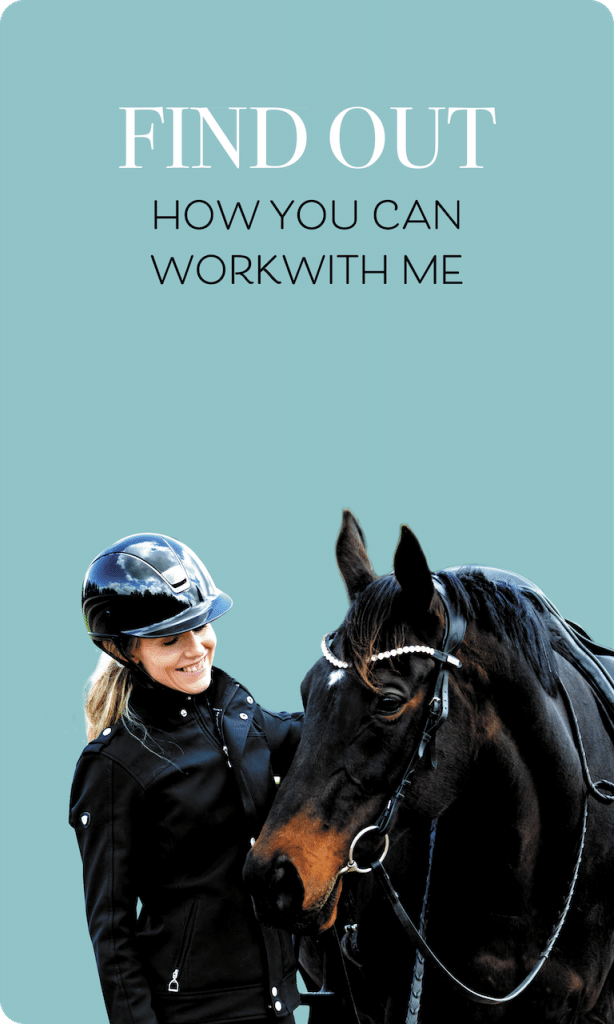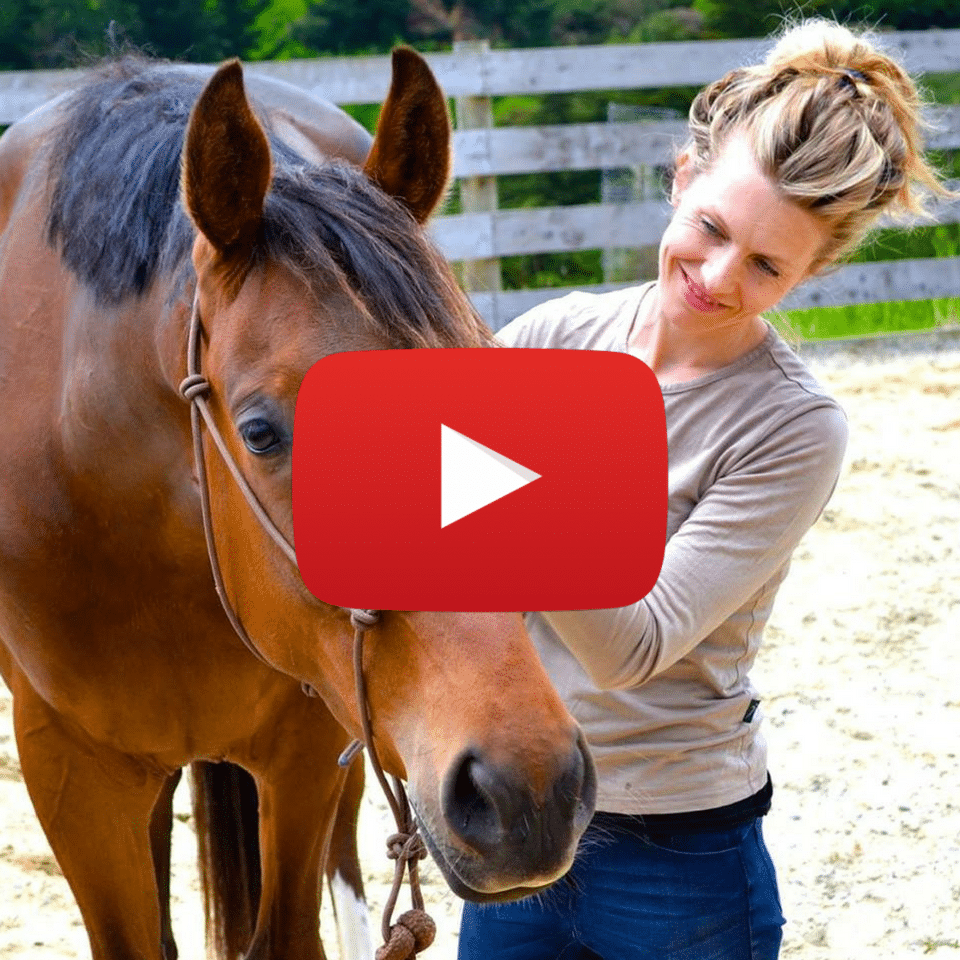I was making up horse feed the other day, listening to the radio, and they were discussing various the various funding cuts and allocations being made to different things in light of the different economic concerns around Covid. This particular interview centered on funding cuts to the arts and resulted in a fairly animated discussion around what people considered to be “essential services” and where money should be channeled when things are a bit tight on the ground.
A couple of the speakers were quite dismissive of the “necessity” of the arts (NB: my opinion on this couldn’t be more different), which got me thinking about what we attach value to in our industrialised society, and what is considered purposeful. So, for the fun of it, let’s take something like knitting and playing the guitar and place them under the microscope of what’s happening at the level of the brain when we engage in these activities.
Studies from Eric Kandel, a neuroscientist, tell us that just as you can train yourself to be afraid (through the experience of trauma), you can also train yourself to feel safe.
The striatum, which is part of the basal ganglia in the brain, is activated during safety and reward and feeling good generally and is also activated when we learn a new skill, or by performing organized, patterned activities. Aside from other benefits, it’s thought that the physical process of patterned, repetitive activities activate the striatum, creating a feeling of safety, and reorganizing the pathways of our brain that create disorder and unrest.
It also satiates our pleasure/ reward system; when knitting or playing music, sometimes it “works” and sometimes it doesn’t. Unpredictable rewards most effectively raise dopamine levels in the brain that influences our entire system as a whole. It’s satisfying, pleasure- inducing and helps us organize potentially chaotic thoughts.
If there was ever an argument against it, I would like to throw this on the table as the argument for.
Onwards.
❤️ Jane





